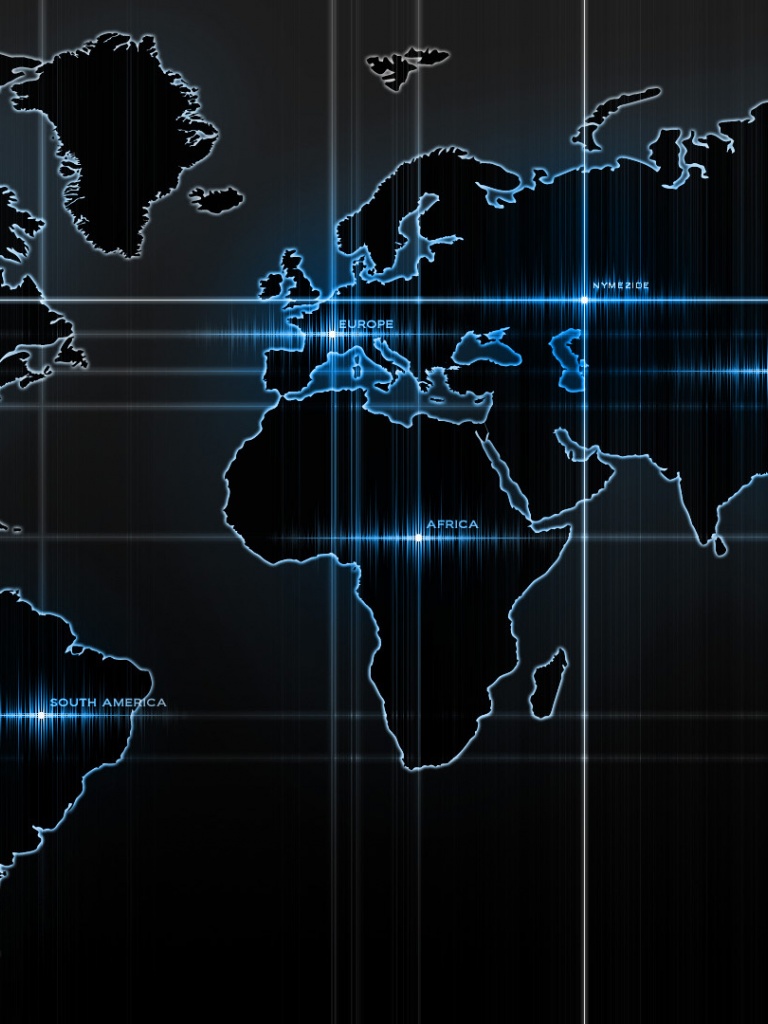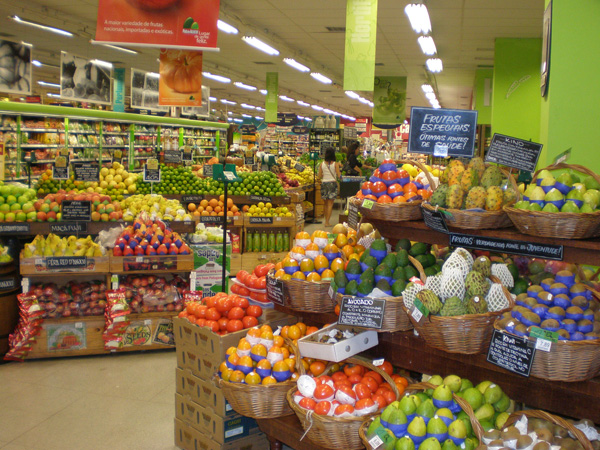
Globalization
Globalization is the word used to describe the growing interdependence of the world's economies, cultures, and populations, brought about by cross-border trade in goods and services, technology, and flows of investment, people, and information. Countries have built economic partnerships to facilitate these movements over many centuries. But the term gained popularity after the Cold War in the early 1990s, as these cooperative arrangements shaped modern everyday life.
The wide-ranging effects of globalization are complex and politically charged. As with major technological advances, globalization benefits society as a whole, while harming certain groups. Understanding the relative costs and benefits can pave the way for alleviating problems while sustaining the wider payoffs.
Since ancient times, humans have sought distant places to settle, produce, and exchange goods enabled by improvements in technology and transportation. But not until the 19th century did global integration take off. Following centuries of European colonization and trade activity, that first "wave" of globalization was propelled by steamships, railroads, the telegraph, and other breakthroughs, and also by increasing economic cooperation among countries. The globalization trend eventually waned and crashed in the catastrophe of World War I, followed by postwar protectionism, the Great Depression, and World War II. After World War II in the mid-1940s, the United States led efforts to revive international trade and investment under negotiated ground rules, starting a second wave of globalization, which remains ongoing, though buffeted by periodic downturns and mounting political scrutiny.
EFFECTS OF GLOBALIZATION

MORE GOODS AT LOWER PRICES
Globalization encourages each country to specialize in what it produces best using the least amount of resources, known as comparative advantage. This concept makes production more efficient, promotes economic growth, and lowers prices of goods and services, making them more affordable especially for lower-income households.

SCALED UP BUSINESSES
Larger markets enable companies to reach more customers and get a higher return on the fixed costs of doing business, like building factories or conducting research. Technology firms have taken special advantage of their innovations this way.

BETTER QUALITY AND VARIETY
Competition from abroad drives firms to improve their products. Consumers have better products and more choices as a result.

INNOVATION
Larger markets enable companies to reach more customers and get a higher return on the fixed costs of doing business, like building factories or conducting research. Technology firms have taken special advantage of their innovations this way.

JOBS
Globalization supports new job opportunities but also contributes to job displacement. It does not significantly change the total number of positions in the economy, as job numbers are primarily driven by business cycles and Federal Reserve and fiscal policies. Nevertheless, a Peterson Institute study finds 156,250 US jobs were lost on net each year between 2001 and 2016 from expanded trade in manufactured goods, which represents less than 1 percent of the workers laid off in a typical year. Low-wage workers in certain regions are most affected. Many of them also face lower earnings or have dropped out of the workforce. Bigger factors than trade driving job displacements are labor-saving technologies, like automated machines and artificial intelligence. Better-paying positions have opened up in manufactured exports-especially in high-tech areas, such as computers, chemicals, and transportation equipment-and other high-skill work, notably in business services, such as finance and real estate.
DECLINE IN GAP BETWEEN RICH AND POOR GLOBALLY
Globalization has helped narrow inequality between the poorest and richest people in the world, with the number living in extreme poverty cut by half since 1990. But within many countries, inequality is rising. A consensus of scholarly work holds that globalization has contributed marginally to rising wage inequality, putting this factor at 10 to 20 percent. A leading explanation for rising inequality is that technology is reducing demand for certain low- and middle-wage workers and increasing demand for high-skilled, higher-paid workers. Wages have also stagnated, though economists are still debating the exact causes. Countries exposed to globalization have alleviated inequality to different degrees through tax and welfare systems.
